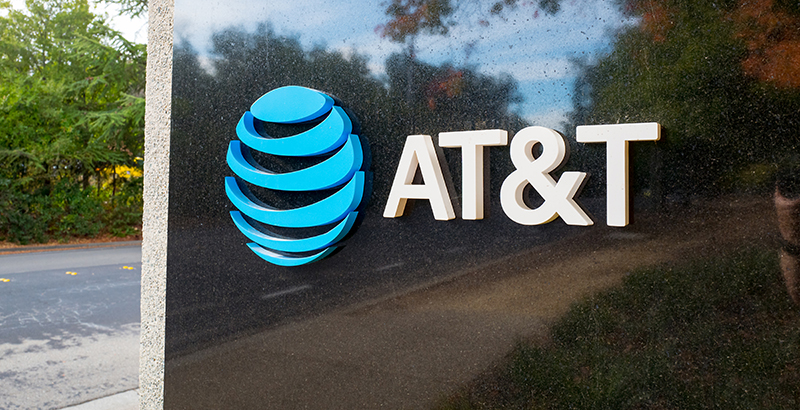Charlene Lake: Why American Companies Must Engage in Training the Youth of Today to Build the Workforce of the Future

Like most corporations, AT&T believes hiring the right talent is a business imperative. But it is not always easy. There are challenges associated with finding candidates with technology-focused skills such as coding and programming, as well as workers with the soft skills that technology simply cannot replace, including decision-making, leadership and collaboration.
With a job opening for every unemployed person in the country, businesses need to do more to train and attract talent to remain competitive. Long gone are the days when employers could sit back and wait for the right candidates to walk through their doors.
Many major corporations are beginning to recognize that the best way to ensure that the current and future workforce has the right in-demand skills is to provide young people with on-the-job training. There is a tremendous opportunity to develop the talent pipeline by tapping into opportunity youth — talented young adults between the ages of 16 and 24 who are neither in school nor employed. According to Opportunity Nation, there are nearly 4.7 million opportunity youth, about 15 percent of all young people. Our failure to help connect this population to work and education has serious economic implications.
Studies from the Aspen Institute show that only 1 percent of opportunity youth will earn an associate’s degree or higher, compared with 36 percent of the general population. This is troubling because workers with only a high school diploma experience lower earnings and higher unemployment rates than those with more education. Opportunity youth also cost taxpayers $93 billion annually — $1.6 trillion over their lifetimes — in lost revenues and increased social services, according to Opportunity Nation. To re-engage this population, skills and job readiness programs like Gap’s This Way Ahead help youth from low-income communities land their first jobs. Gap expects that by 2020, 10,000 teens and young adults will have received job coaching and critical first-job experience through This Way Ahead.
Then there are organizations like Year Up that collaborate with businesses to help opportunity youth move from minimum-wage jobs to meaningful careers in just one year. The program’s success hinges on a two-pronged approach to skill development in which participants complete courses eligible for college credit while interning at a company — simultaneously developing technical and soft skills. To date, AT&T has hosted nearly 125 Year Up interns, helping them build skills that will help set them on a path to career success. We recently committed to hosting 200 Year Up interns annually at AT&T locations around the country by 2022.
One of our current Year Up interns, Logan Boswell, has known from a young age the value of a career and developing the skills necessary to get a good job. As a first-generation college student without a network to turn to for postsecondary academic guidance, Logan worried about choosing a path that could result in a degree lacking market value. But by applying and being accepted to Year Up, Logan discovered new insight into his personal and professional aspirations, tapping into skills like project management, creativity and organization to help him chart his course.
Today, Logan is enrolled at El Centro, a community college located in downtown Dallas, while wrapping up a six-month internship at AT&T that taught him everything one would need to know to move into a future leadership position. Day to day, he learned the ropes in a variety of areas – operations, sales, customer experience – that he’ll need for success as a seller and for continued growth in a range of business-oriented roles.
Meanwhile, the project management courses he’s taking at El Centro have taught him advanced Microsoft Excel, career development and interpersonal relationships. Through Year Up, he has expanded his network and found the financial, emotional, academic and professional support he needs to succeed.
Across all industries, every company must work to ensure that a diverse pipeline of skilled talent is coming through the door. To continue to develop that pipeline, we must have creative, concerted collaborations among corporations, educational institutions and nonprofits. Working together, we can inspire human progress and move our business, and our country, forward.
Charlene Lake is senior vice president—corporate social responsibility and chief sustainability officer at AT&T.
Get stories like these delivered straight to your inbox. Sign up for The 74 Newsletter

;)